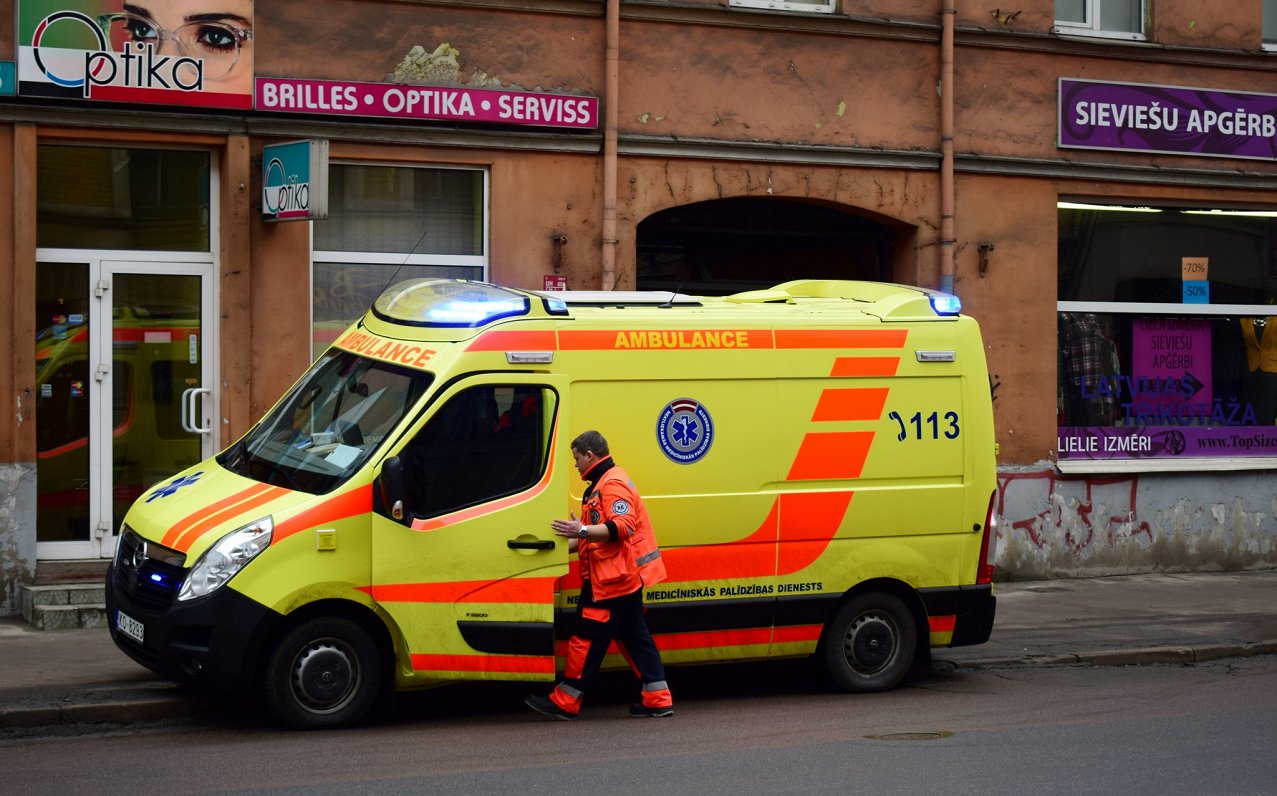Health Minister Hosams Abu Meri (New Unity) explained that prices are planned to increase, taking into account the increased costs due to inflation, fuel and medical pay costs have increased.
The charge for calling an emergency team for help which is not considered urgent, will rise from €74.35 to €84.93.
A call for a person who is not entitled to state-paid-for health care services will in the future cost EUR 191.68 instead of EUR 172.19.
Transport of the patient to the next nearest hospital for the provision of appropriate emergency medical treatment upon request of the patient, if the patient does not have medical contraindications, will cost EUR 87.28 instead of the previous 67.21.
The charge for providing the emergency medical assistant team at events will also increase.
The price list of the paid service does not apply to the provision of emergency assistance in situations critical to human health and life, the Ministry of Health stated.
The emergency number 113 of the NMPD should be called immediately if a person is unconscious, does not breathe or develops sudden breathing difficulties, has suffered severe injury or has severe, life-threatening bleeding, has a suspected infarction or stroke, or in any other situation where a person's life is at risk of receiving help minutes are crucial.
But in cases of simpler illnesses and minor injuries, or a worsening of an existing illness, you should always contact your GP first. During the night hours and holidays, you can call the general practitioner's 66016001 advisory telephone.
Information provided by the Ministry of Health to the Government shows that the State Medical Emergency Service received 3,697 calls in situations where the provision of assistance was not considered urgent.
Analysing the age structure of the emergency service recipients, of all calls in 2022, 4.6 per cent of calls were to patients aged under 20, 29.6 per cent - aged 21 to 40, 39.4 per cent - aged 41 to 60, 20 per cent aged 61 to 80, 6.5 per cent - aged over 80.




























